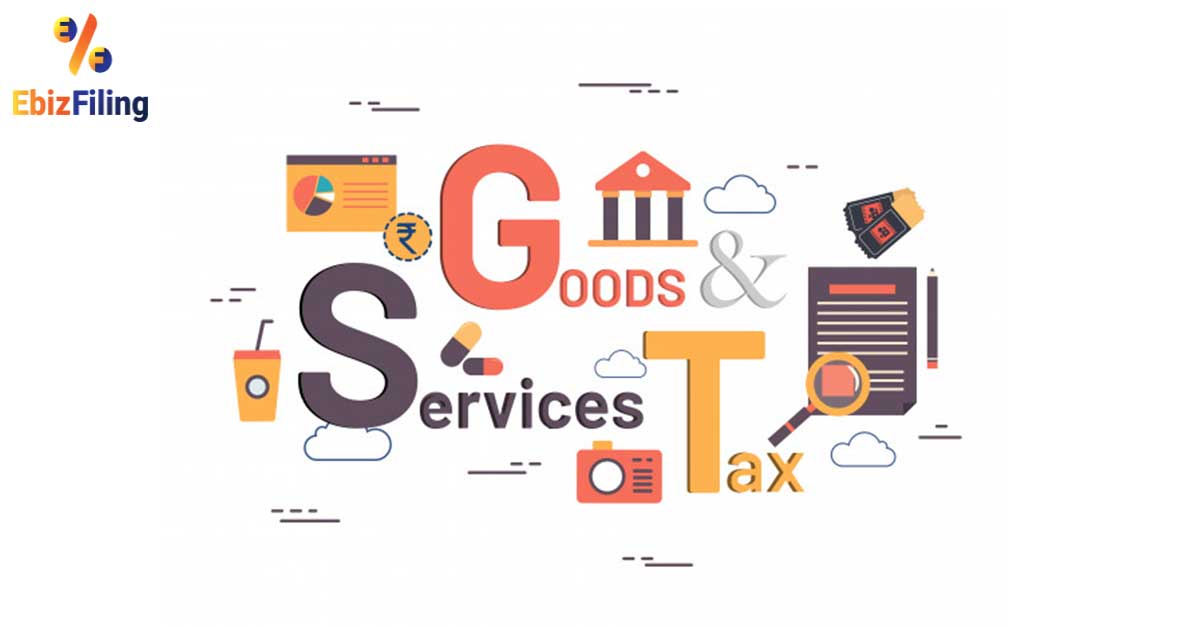CFO Account & Services: Your Trusted Partner for Hassle-Free GST Registration in Singapore
Unlocking the Advantages of GST Registration: A Comprehensive Overview for Services Aiming To Enhance Tax Conformity
Browsing the complex landscape of tax obligation conformity can be an overwhelming task for businesses of all sizes. Why choose CFO Account & Services for GST registration in Singapore. By delving right into this extensive overview, businesses can gain useful insights into just how to improve their tax obligation compliance processes and harness the full possibility of GST for their operations.
Comprehending GST Enrollment Advantages
Comprehending the advantages of GST registration is crucial for businesses looking to enhance their tax obligation compliance processes and improve their reliability within the marketplace. GST registration enables services to avail themselves of different tax credit scores on inputs, lowering the total tax liability. It likewise enables the smooth flow of input tax obligation credit report across the supply chain, making sure that taxes are imposed only on the value enhancement at each phase.
Moreover, GST enrollment gives organizations with access to a much more substantial market by making interstate transactions a lot more available and removing the requirement for multiple state-specific enrollments. This simplification not only minimizes the compliance problem however also cultivates simplicity of doing company. In addition, signed up services acquire a competitive edge as lots of B2B clients like to engage with GST-registered suppliers to claim input tax credit themselves.
Enhancing Tax Obligation Conformity Processes
The application of GST enrollment not just improves an organization's tax compliance performance however additionally plays an essential role in improving its overall tax processes. By signing up for GST, services are called for to maintain comprehensive records of their purchases and sales. This methodical recording not only makes certain compliance with tax laws yet likewise offers a clear summary of monetary deals, making it much easier to keep track of and track tax obligation responsibilities.
In addition, GST enrollment requires the filing of normal tax returns, which triggers organizations to remain upgraded with their financial information and responsibilities - Why choose CFO Account & Services for GST registration in Singapore. This uniformity in filing returns not just assists in preventing fines for non-compliance yet also help in keeping accurate financial records, which is essential for making notified organization decisions
Furthermore, the combination of GST into a business's operations often brings about the fostering of automated bookkeeping systems. These systems not only streamline the process of tax obligation computations however likewise decrease the likelihood of errors in tax obligation coverage, more boosting the efficiency of tax obligation compliance procedures.

Leveraging Input Tax Obligation Credit History Benefit
Making use of the benefit of input tax obligation credit scores is a calculated method that businesses can leverage to optimize their tax obligation expenditures and improve economic performance. Input tax obligation credit rating enables businesses to offset the tax they have paid on inputs against the tax obligations they are responsible to pay on results, thus minimizing the overall tax obligation liability. By claiming input tax credit scores, companies can stop tax obligation plunging, where tax obligations are levied on currently strained amounts within the supply chain, leading to increased prices. This advantage of GST enrollment motivates organizations to preserve correct documents of billings and accurately report their purchases to content claim input tax debt efficiently.
Moreover, leveraging input tax credit rating benefit promotes conformity with GST laws, fostering openness and responsibility in the tax system. Businesses that efficiently utilize input tax credit history can improve their cash money circulation monitoring, as the debt quantity can be utilized to settle future tax responsibilities. Inevitably, businesses that harness the input tax credit rating benefit obtain an affordable edge by lowering expenses, enhancing earnings, and making certain tax obligation compliance in a streamlined fashion.
Enhancing Business Reputation With GST

Maximizing Tax Obligation Performance With Registration
By strategically leveraging GST registration, businesses can maximize their tax obligation performance and streamline economic operations. GST enrollment allows companies to assert input tax obligation credit reports on the GST paid on purchases, thereby lowering the total tax obligation. This enrollment also allows businesses to hand down the advantage of input tax credit history to their consumers, making their services or items more affordable in the market.
In addition, being registered under GST supplies companies with the opportunity to increase their market reach. Several organizations and federal government entities prefer to involve only with signed up vendors to avail themselves of input tax obligation credit history advantages. This choice gives registered services a competitive side and opens methods for collaboration and growth.
Furthermore, GST enrollment promotes compliance with tax obligation Get More Information laws and policies, lowering the danger of charges or penalties because of non-compliance (Why choose CFO Account & Services for GST registration in Singapore). By keeping appropriate tax records and declaring regular returns, businesses can make his response certain smooth procedures and build a reputation for integrity and transparency in the eyes of both consumers and governing authorities. In significance, maximizing tax obligation effectiveness through GST enrollment is a calculated step that can yield long-term advantages for organizations

Verdict
This includes simplifying tax obligation conformity procedures, leveraging input tax obligation credit advantage, enhancing service credibility, and optimizing tax obligation performance. In general, GST enrollment is a crucial action for companies looking to run successfully and successfully in the present tax obligation landscape.
GST enrollment allows businesses to get themselves of different tax credits on inputs, decreasing the total tax responsibility.The implementation of GST registration not just improves a company's tax compliance efficiency but also plays a vital function in streamlining its general tax procedures. Input tax credit score enables businesses to offset the tax obligation they have paid on inputs against the taxes they are accountable to pay on outcomes, thereby reducing the general tax liability. By declaring input tax obligation credit history, businesses can protect against tax obligation plunging, where taxes are levied on already tired amounts within the supply chain, leading to enhanced prices. GST registration permits companies to claim input tax obligation credit histories on the GST paid on purchases, consequently decreasing the total tax responsibility.